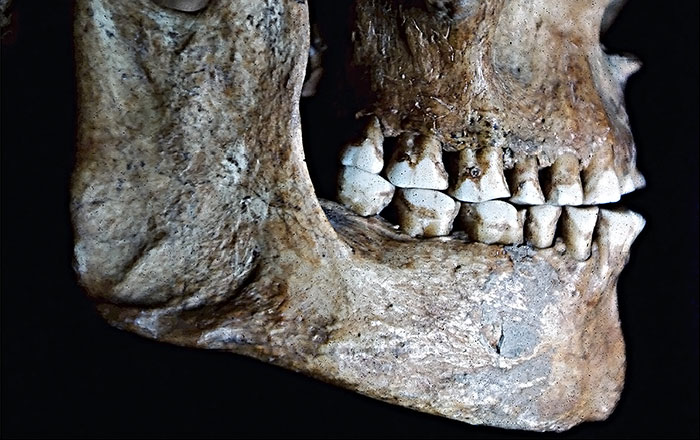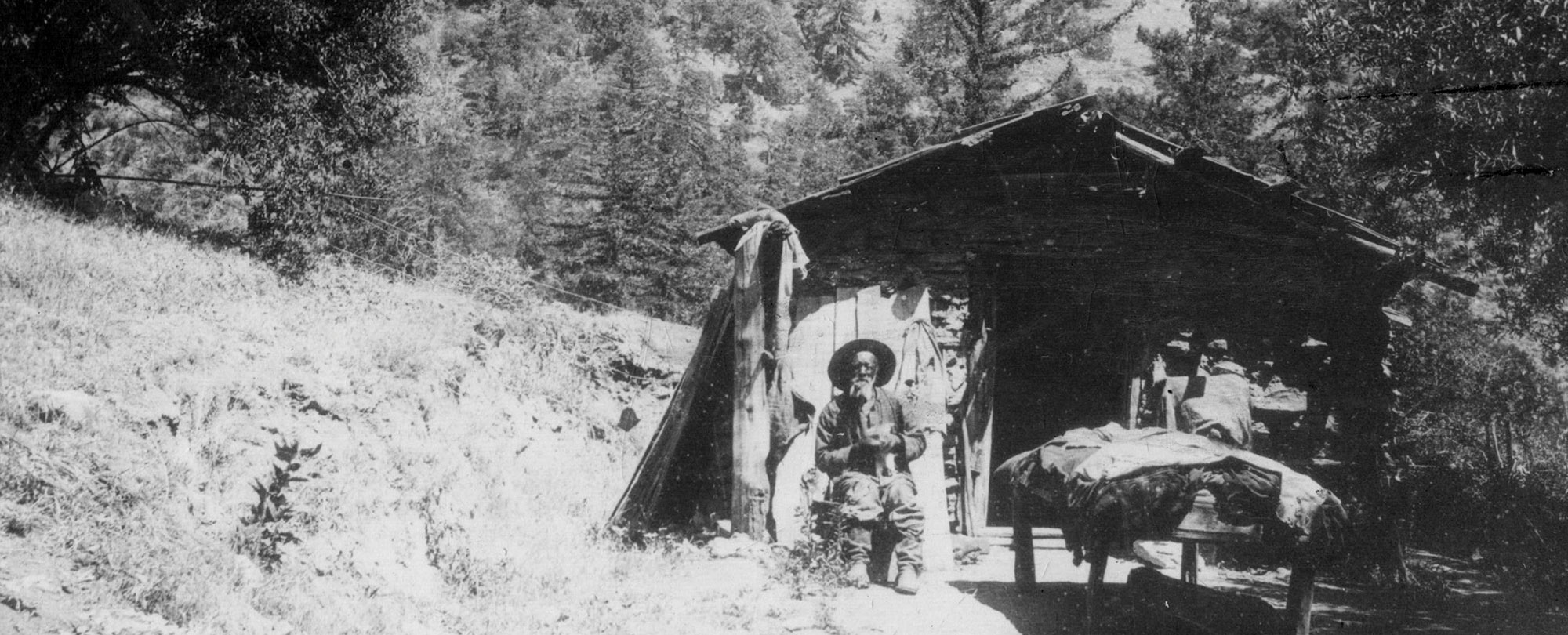BIRMINGHAM, ENGLAND—According to a Live Science report, basic human vocalizations may have been vital in the development of the first human languages. Linguist Marcus Perlman of the University of Birmingham and his colleagues asked more than 800 participants, who spoke 25 different languages, to listen to sounds produced by English speakers and assign one of six words to each. The intended meaning of the sound was included in the six available words, which were grouped into six categories based upon people, animals, objects, quantifiers, and demonstratives thought to have been important to the survival of early humans. The words included child, man, woman, tiger, snake, deer, knife, fire, rock, water, meat, fruit, gather, cook, hide, eat, sleep, dull, sharp, big, small, good, bad, and this or that. Overall, the researchers found that people could accurately identify the intended meaning of the vocalizations more than 60 percent of the time, with the sounds for actions, people, and animals being more easily understood. Snoring, to indicate sleep, was recognized more than 98 percent of the time. The least recognizable sound was for the word “that,” at about 35 percent, which is still more than twice of what would be expected in a one out of six chance. Perlman suggests the first languages developed over hundreds or thousands of years as a combination of vocalizations and hand gestures. To read about biological factors that produced changes in language, go to "You Say What You Eat."
Sounds Studied as Origins of Human Language
News May 23, 2021
Recommended Articles
Digs & Discoveries July/August 2019
You Say What You Eat

Model Homes March/April 2026
Doorways for the Dead
LOCATION: Thebes, Egypt
DATES: Ca. 1981–1975 b.c.

Model Homes March/April 2026
A Maya God’s Humble Abode
LOCATION: Copán, Honduras
DATE: Ca. a.d. 700–850


-
Features March/April 2021
The Visigoths' Imperial Ambitions
How an unlikely Visigothic city rose in Spain amid the chaotic aftermath of Rome’s final collapse
 Yil Dori
Yil Dori -
Letter from Chihuahua March/April 2021
Cliff Dwellers of the Sierra Madre
A recurring design motif found in northern Mexico’s ancient mountain villages reflects complex cultural ties between distant peoples
 (Photo by Stephen H. Lekson)
(Photo by Stephen H. Lekson) -
Artifacts March/April 2021
Subeixi Game Balls
 (Courtesy Patrick Wertmann)
(Courtesy Patrick Wertmann) -
Digs & Discoveries March/April 2021
An Enduring Design
 Courtesy Durham University
Courtesy Durham University


